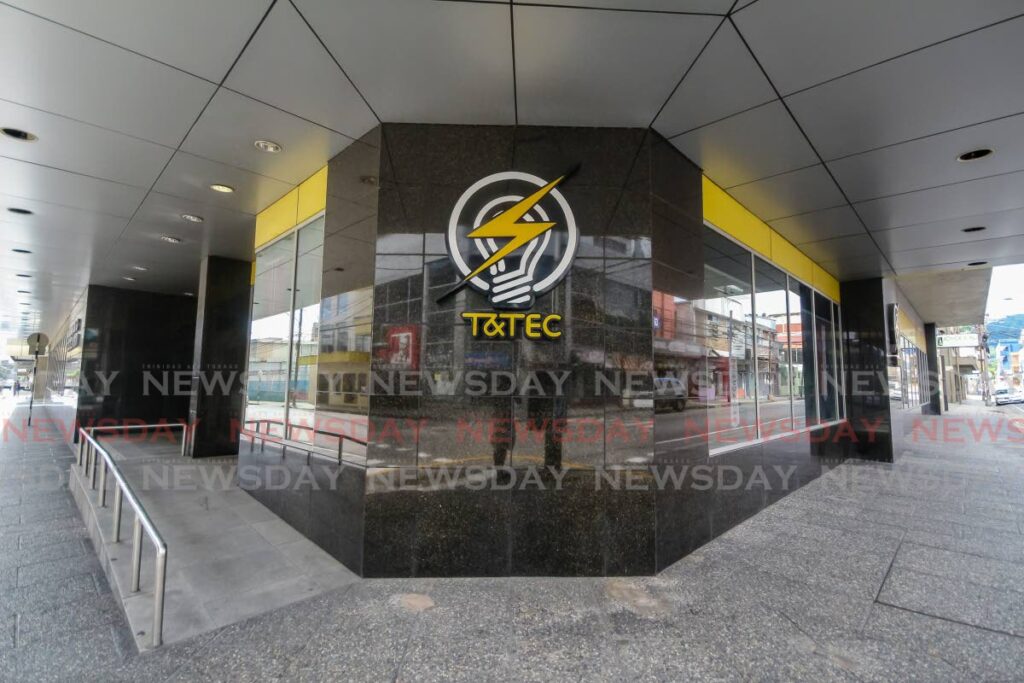Courageous landmark judgment

COURTNEY MCNISH
It has always been my intention sometime soon to examine how certain landmark judgments from the Industrial Court, delivered over the years, have influenced and changed IR decisions and policies.
However, on February 18 we received a new landmark judgment handed down by His Honour Mr L Achong in TD 020/2018 between the Senior Staff Association of the TT Electricity Commission (T&TEC) and T&TEC that I believe is worthy of our examination and attention by itself.
This judgment is one of interest to us negotiators in the collective bargaining process, mainly because this is the first time within my memory, as well as others I have spoken to, that we have witnessed the court awarding 0-0-0 per cent in settlement of a collective agreement.
This was for the period 2012-2014 for workers of all grades and represents a complete departure from the court’s customary practice of granting at least a minimum or a symbolic wage increase somewhere within the disputed years.
One may inquire what is the court’s role in settling collective agreements, particularly for outstanding wages and salaries.
The scope of the court’s jurisdiction is not limited to individual workers, but includes the collection of workers and relations between workers and institutions to resolve conflicts between them.
The court is therefore considered, because of the expressed provisions of our Industrial Relations Act, the arbitrator of all trade disputes. This obviously includes a breakdown in collective bargaining negotiations for revised terms of an expired collective agreement.
In examining the judgment, it is clear that the court settled the dispute not only by awarding no increases in salary or allowances, but by also holding that it did not matter that T&TEC was able to pay the increase during the actual period in dispute. It was determined that past previous earnings had “little practical relevance now.”
The court was right in its view that what was more at stake is the commission’s ability to pay at this point in time, and if it was forced to take on extra expenditure, then this was very likely to affect the future of the company. This dictum of the court is of great importance to practitioners, companies and trade unions, as it is consistent with the long-standing principles for settling these types of disputes. These are:
1) The ability or inability to pay, by itself, has only a secondary impact on the level of the wage rate. The primary consideration is whether the wage rate is fair and reasonable compared to market.
2) The period in dispute matters little, particularly if the agreement expired a substantial time ago.
3) A wage increase award will only be considered if it would not negatively effect the medium to long-term viability of the company.
In support of its findings the judgment referred to Section 10 (3)(a),(b) of the Industrial Relations Act Chapter 88:01"
Notwithstanding anything in the act or in any other rule of law to the contrary, the court in the exercise of its powers shall –
(a) make such order or award in relation to a dispute before it as it considers fair and just, having regard to the interests of the persons immediately concerned and the community as a whole;
(b) act in accordance with equity, good conscience and the substantial merits of the case before it, having regard to the principles and practices of good industrial relations.
Given these principles, and statutory mandates, it is logical that the judgment made reference to the Addison Khan judgment in TD 46 of 1989, which looked at the viability of the employer’s business in the short term and in the longer term. The judgment also considered the closure of the major industries ArcelorMittal (Steel), Petrotrin and Yara that were users of T&TEC’s electricity.
Mr Achong, consistent with the mandate of Section 10 of the IRA, rightfully also considered our national economic circumstances in this historic judgment. He did not, however, forget the expectations and the needs of the employees themselves by indicating that they deserved an increase.
The court said that it acted to prevent job losses. This is because the commission has been operating on an annual income of around $3.2 billion with an expenditure of $4.3 billion. This reality is worsened as the commission cannot increase its rates, as these are set by the Regulated Industries Commission.
The court seemed very thorough in its assessment, even examining in detail the chairman’s statements to the JSC about its financial situation, given that this was referred to by the staff association. The court felt “duty-bound to investigate those statements for accuracy and relevance to the dispute.”
Finally, the court also examined salary parity to the market and determined that T&TEC workers are among the highest-paid in the country. In other words, the existing compensation of workers in the bargaining unit remained fair and reasonable even eight years after the expiry of the disputed period.
The court, in this judgment, has not only earned my greater respect but has also set the tone and sent a clear message to all parties that it is prepared to dispense justice by making awards consistent with the requirements of the act. As president of the special tribunal in the essential services division, Mr Achong not only demonstrated objective independent thought, but also courage in the delivery of this judgment, which, in my view serves as a guide for future settlements for such disputes in the court.

Comments
"Courageous landmark judgment"